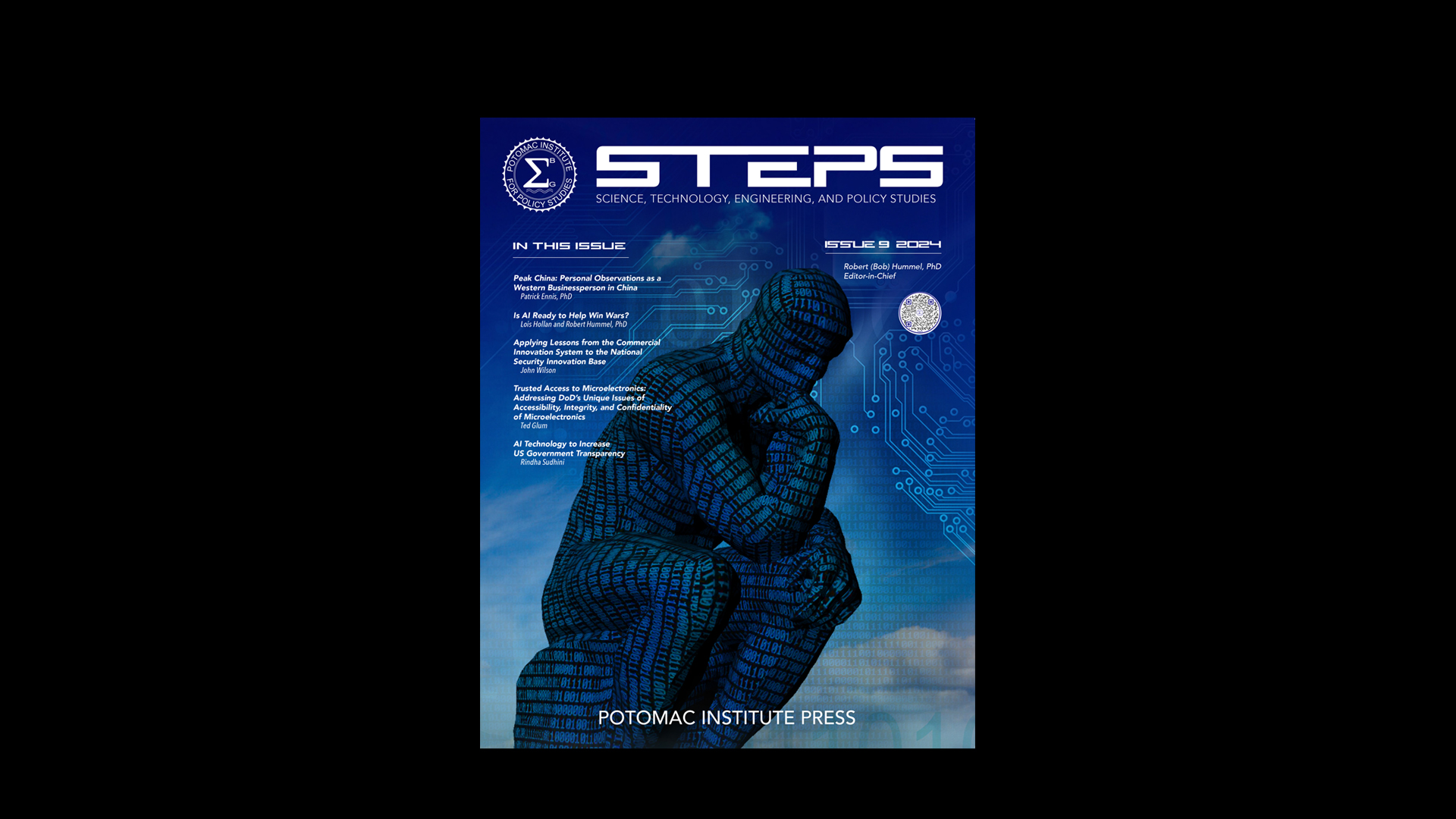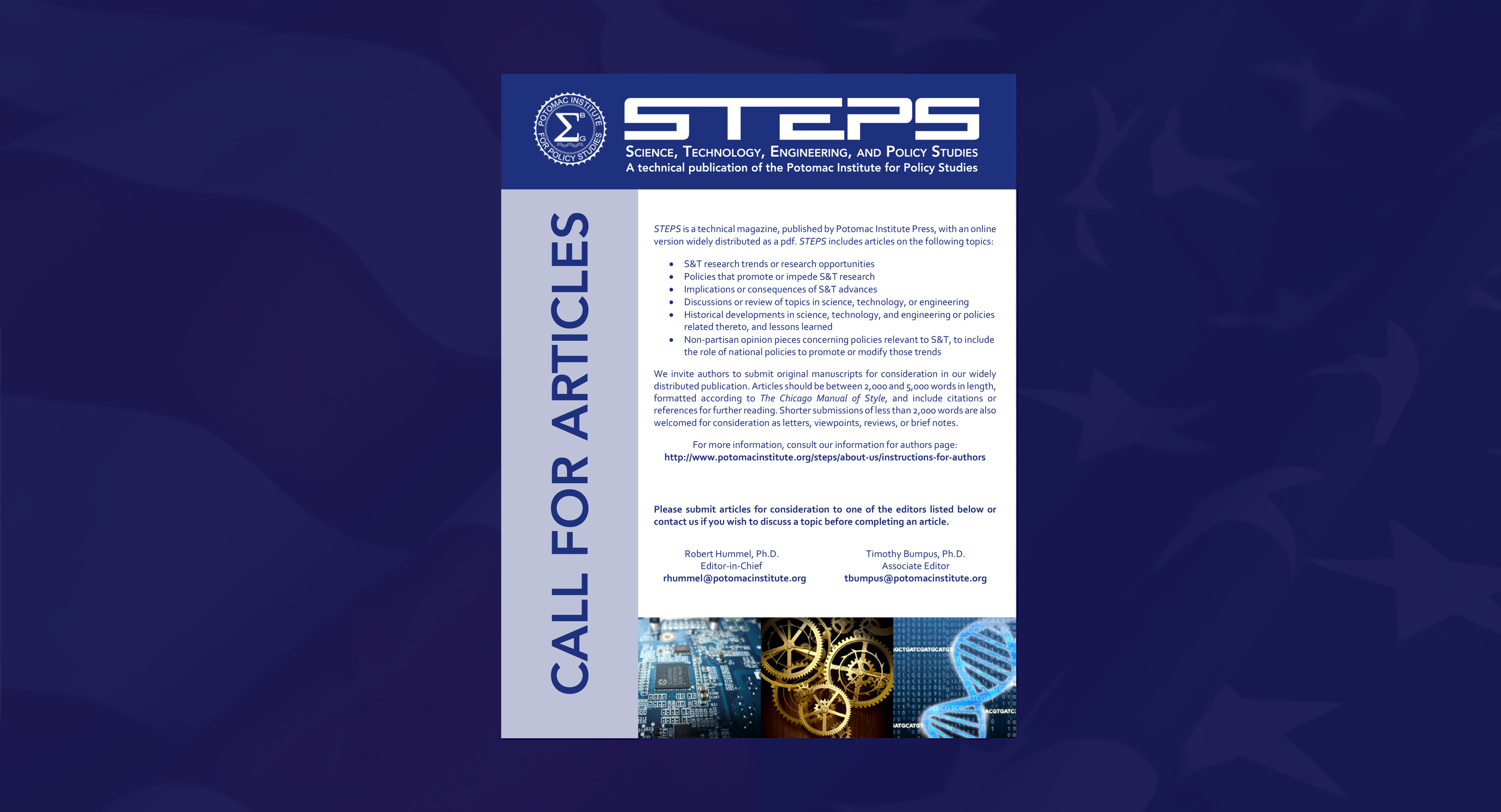Nature should not have a monopoly on the creation of new life. Monopolies at their core prevent competition that spur new ideas and innovation. Humans have advanced technologically far enough to be allowed entry into the market place of life creation and redesign. There are practical reasons for humans to assume the responsibility of engineering new life forms and molecules with novel biological functions.
With synthetic biology, we have the solution to devastating problems facing the world such as ecological destruction, fast-evolving pathogens and information overload. Furthermore, using synthetic biology we can re-imagine the design of the human body, remedy its inefficiencies and create new biological functions that are beyond the scope of natural evolution.
In the past several years, scientists have created synthetic cells whose DNA was designed on a computer and synthesized in a lab. While this was a monumental stepping stone, the potential of synthetic biology is much more exciting. We could use ambient light to power ourselves using artificial organs or prosthesis. We could rescue ecosystems and halt the sixth great extinction event with new life forms, that are designed to sustain food chains and purify their local habitats. We can design DNA less prone to mutations, so it can function as a data storage device to assist with our exponentially growing demand for information storage.
The future outlined above is achievable but will require targeted investments and creative ideas. I outline some of them below:
Proposal 1: Harness the power of machine learning to compare the genetic and proteomic profile of all sequenced organisms. Nature is highly creative, using a small library of molecular building blocks to generate the millions of species that exist. Using machine learning and artificial intelligence, we can learn how nature engineer’s biodiversity and improve upon its biological designs.
Proposal 2: Invest in the research and development of cheap DNA synthesizing technology, that would be available on the lab bench for scientists. The current process of synthesizing unique DNA fragments requires placing an order to a third party, followed by a wait period for the product to be delivered. This is inefficient as it narrows the pace and scope of research.
Proposal 3: Facilitate the development of technology that automates biology labs. Too much human labor in labs is spent on mundane tasks such as preparing cell cultures, maintaining animal stocks and pipetting. Widespread automation of such tasks will allow scientists to use their time and expertise on creative problem solving, rather than monotonous work that is suited for robots.
Proposal 4: Think big and re-imagine the design of DNA. Scientists have recently expanded the vocabulary of the genetic code and created new types of proteins from it. We should increase investment in research that examines how we can expand the genetic vocabulary to create new biological molecules with unique functions.

















